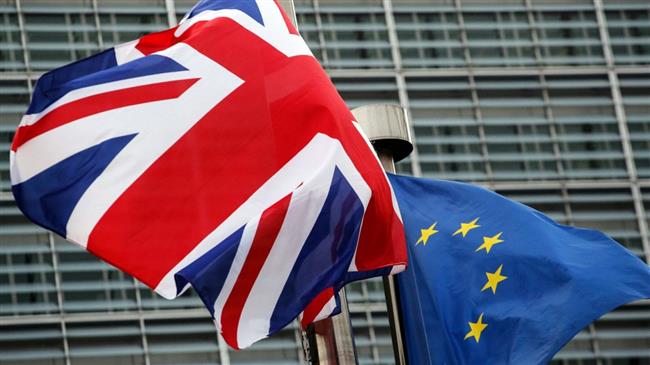EU migrants contribute far more to UK economy than British people: Report
Migrants from the European Union contribute thousands of pounds more each year to the UK public purse than British people, according to a new report by the think tank Oxford Economics.
The study showed that each year on average, EU migrants contribute £2,300 more to the Exchequer than their British counterparts.
The study also indicated that many EU migrants leave the country before retirement age and before claiming pensions and other benefits, which means they are less of a drain on the welfare state.
In the course of a lifetime EU migrants on average pay in £78,000 more than they take out in benefits and other public services and utilities. The average UK citizen’s net lifetime contribution is zero.
The study comes as Britain prepares to leave the EU next March, with freedom of movement set to end for many EU nationals and the ability to live and work in the UK. Britain’s exit will also take it out of the Single Market and the Customs Union.
The report also highlights the fact, that while the rhetoric in the lead up to the UK’s EU referendum in 2016 focused on anti-migrant sentiment, the contribution of migrants to the UK economy is crucial and ultimately outweighs that of their British counterparts.
Some economists have suggested, that as the UK starts to feel the impact of Brexit after March 2019, and the economic void left by migrants exiting the UK starts to bite, taxes will have to be raised for those remaining British citizens.
While the UK government struggles to wrestle the best divorce deal possible from Brussels, many are concerned that the impact of reducing EU migration to the UK has been underestimated, and will have a dire impact on the UK economy for many years to come.
Britain is set to leave the EU in March 2019, with or without a deal. EU leaders have suggested that the deadline could however, be extended, and that Britain can reconsider its decision at any time.
But the question of the EU has engulfed the Conservative Party in an internal war, with many arguing that hard-line Brexit advocates like Former Foreign Secretary Boris Johnson are less interested in establishing the best deal for Britain, and instead are using Brexit as a political football for political point scoring.
VIDEO | Press TV's news headlines
VIDEO | US-Israeli genocide: Will Gazans see ceasefire deal achieved?
VIDEO | Grief strikes Parachinar: 44 lives lost in terror attack
VIDEO | Yemen’s armed forces target Israeli airbase amid nationwide pro-Palestinian rallies
Putin vows more test of new hypersonic missile
VIDEO | Jordanians continue rallies to denounce Israeli genocide in Gaza, Lebanon
6 Israeli soldiers commit suicide: Reports
Diplomat discourages recourse to pressure, intimidation, confrontation against Iran











 This makes it easy to access the Press TV website
This makes it easy to access the Press TV website